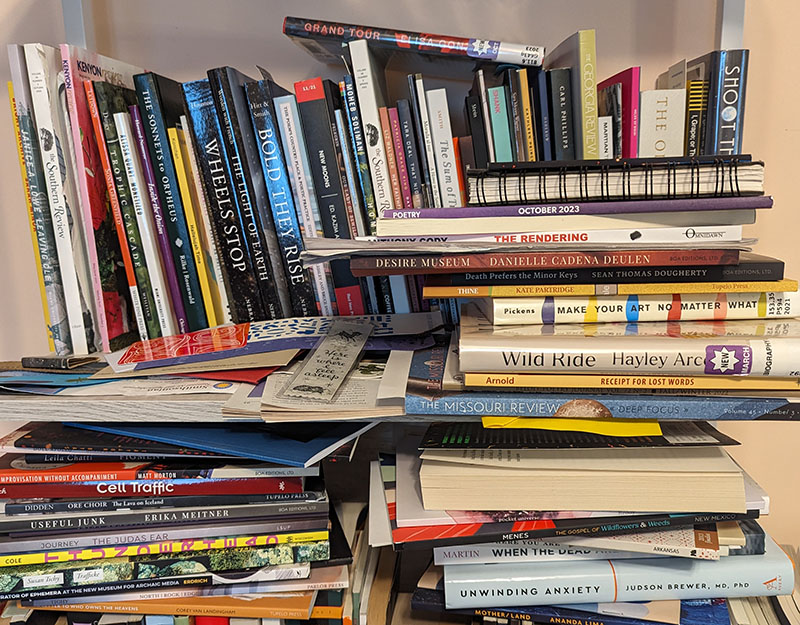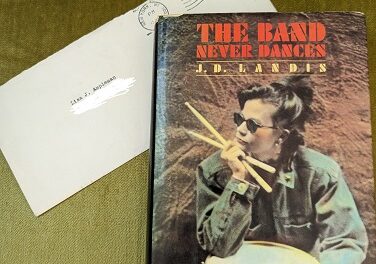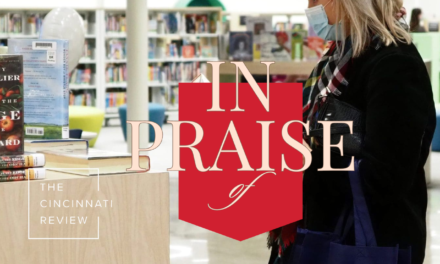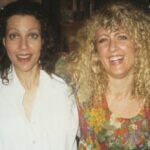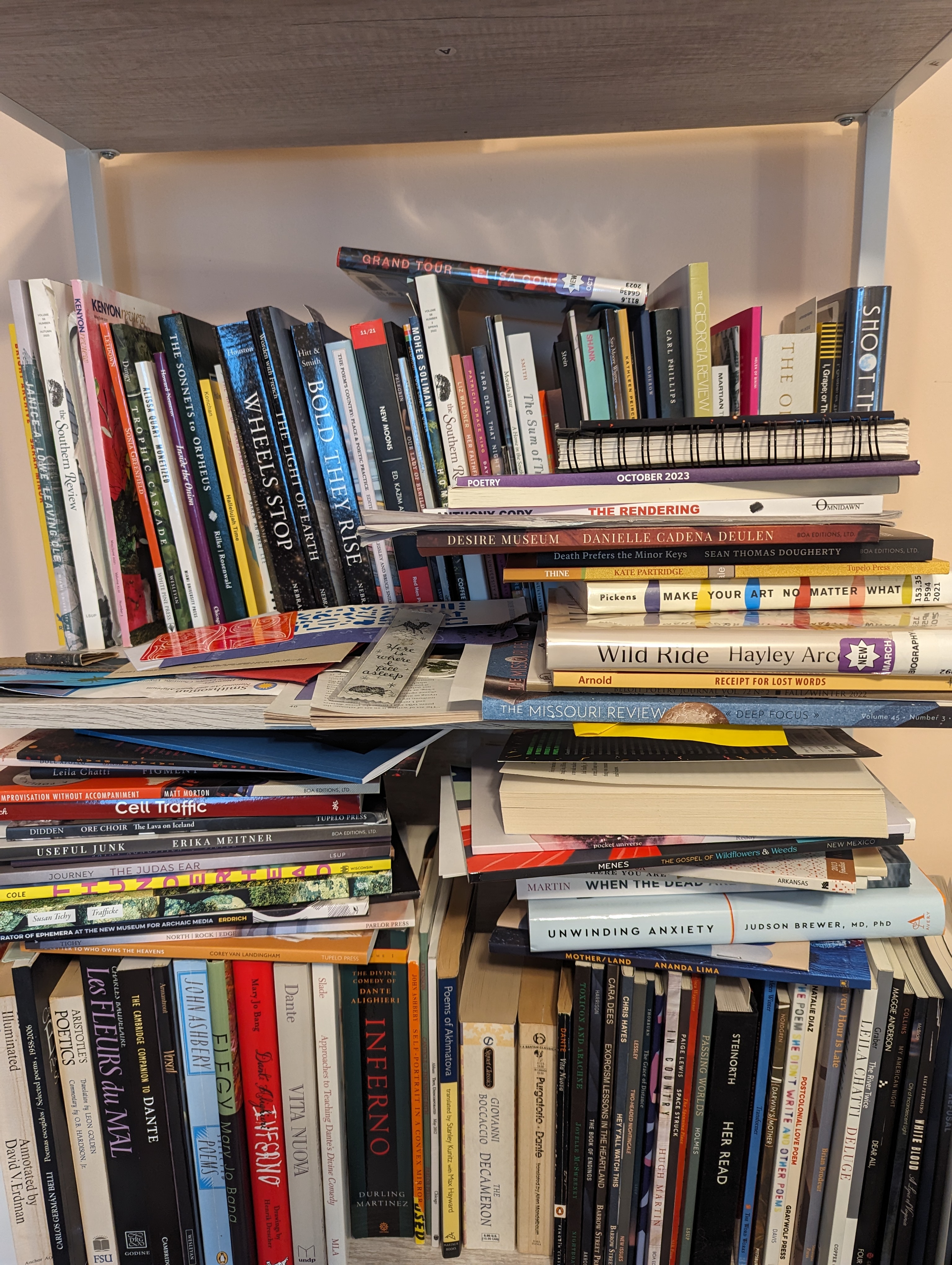
I write this piece knowing that it might be an Unpopular Opinion to say we should get rid of (some) books. In fact, my younger self would be horrified. She bought books from Scholastic book orders and mall Waldenbooks stores with her allowance and babysitting money, and filled up a ratty bookcase that she even dragged to college and back. She did NOT get rid of books.
I agree with her that there’s comfort in being surrounded by the material evidence of a great reading experience. And I do still have some of those early books (including one that led to a fan letter). But lately, I’m running out of room. I have seven bookcases in my home office, each full. The physical realities of a life with a big personal library feel different now that I’m in the ecosystem of a family with my husband and son. And, to be honest, I’m reaching a point in life when I want to have less in our house overall, to edit out the possessions we don’t need so that we have room for the ones we do.
One metric for making choices about what to keep: does it spark joy? In her iconic book The Life-Changing Magic of Tidying Up (Ten Speed Press, 2014), declutter guru Marie Kondo suggests putting all your books on the floor to get them out of their “hibernation,” then picking up each one at a time, to see “whether or not it gives you a thrill of pleasure when you touch it”—not by reading it.
She’s also frank about one of the reasons people keep books, because they might reread them. Be honest with yourself, she says: “In the end, you are going to read very few of your books again.” You’re also not going to finish books you started and abandoned, nor those that you’ve never read. Keep only those that “fall into one’s personal Book Hall of Fame,” she says.
She’s not wrong: I love, for example, The Known World by Edward P. Jones, but I haven’t ever read it again. It sits at the top edge of the bookcase closest to my office door, visible evidence of keeping something just for the sake of keeping it.
As you might imagine, plenty of book owners object to Kondo’s approach. For example, the Washington Post’s Ron Charles notes—in an essay fabulously titled “Keep your tidy, spark-joy hands off my book piles, Marie Kondo”—that it would take forever for him to hold each of his books thoughtfully and wait for a spark. Though he has a house sometimes uncomfortably full of books, he says he and his wife aren’t “after sparks of joy—we want to swim in wonder. . . . That great jumble of fond memories, intellectual challenges and future delights doesn’t just spark, it warms the whole house.”
I’d like to offer another set of suggestions, for those (understandably) resistant to Kondo’s approach of focusing on joy but still interested in doing some judicious paring of their shelves:
Is this a book that still means something to me, that I want close at hand? Does it call up an experience worth remembering, whether about the content or the context in which you read it?
Can I get it from the libraries I have access to, or is it more rare? If you think you might reread a good book, but you’re not sure, and it falls into the former category, it’s probably fine to let it go as a physical object. If you want it in the future, you’ll be able to get it.
Did someone who matters to me write it? At this point in my career, I’ve made friends or am acquainted with many writers, and I have a lot of signed books. Though inscribed books turn up in secondhand stores all the time (I’ve heard some amazingly awkward stories), I’m not ready to be a part of that.
Most importantly: remember that if you get rid of the book, it can have further life in the hands of other readers. Sure, you can just recycle the paperbacks, but what about these:
- Give particular books as gifts to people you know would appreciate them. But don’t unload boxes on them, and don’t make them feel obligated to read a book and report back.
- Drop them off at a little free library in your area.
- Donate them to a library sale, if your region has one (Cincinnati has the Friends of the Public Library), or another local fundraiser. The expansive Greater St. Louis Book Fair and others like it raise money for nonprofits through book sales.
- Sell them to Half Price Books or your local secondhand bookstore, if you could use the money.
One last thing from Marie Kondo, some reassurance: “Books you have read have already been experienced and their content is inside you.” You may be getting rid of the physical object, but the book will remain part of what you know and who you are.
Finally, an admission: I need to take my own advice, as you’ll see in the picture that accompanies this post. This is an argument supporting those that want to do such work, not a polemic arguing that everyone should. You do you, books and all.

